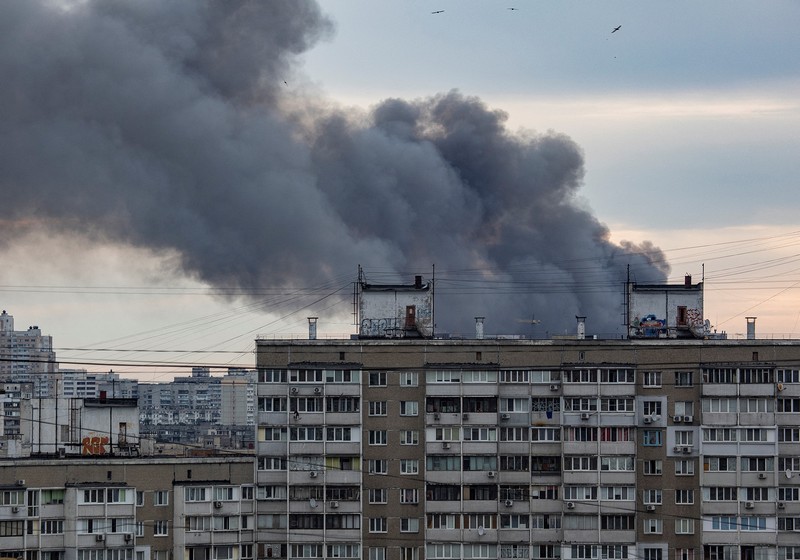By Dr. Vladislav B. Sotirović
The long-term crisis in the relations between the Russian Federation and Ukraine entered its final – war phase on February 24th, 2022. The official reactions to the latest dramatic events in East Europe, which come from the Westerners, including the most important overseas Western political address, are usually dominated by two phrases: “flagrant violation of international public law” and “violation of the territorial integrity of an internationally recognized state“. The perpetrator of the acts is, of course, Russia, and, as it is claimed, the innocent victim is neighboring Ukraine. However, the same Westerners do not want to see either flagrant violations by the Kiev regime of human rights in the Donbass Region since 2014 onward or flagrant violations of international public law and territorial integrity of the internationally recognized state in the case of the Balkans (Yugoslavia) in the 1990s.
From the author
The ignorant attitude towards the provisions of international public law relevant to the Balkan case resulted, therefore, in the break-up of the Socialist Federal Republic of Yugoslavia, the long wars in its two former federal units (Croatia and Bosnia-Herzegovina) that took about 150,000 lives, produced more than two million displaced people and left behind a region to this day, almost three decades later, it has not politically stabilized and consolidated.
The West demonstrated an identical attitude towards the branch of law that it is ardently calling for these days concerning Ukraine, several years after the end of those wars, when it decided to actively engage in “protecting the endangered human rights of Kosovo Albanians” and “stopping the humanitarian catastrophe to which they were exposed”, as the official Western narrative was, explaining 78 days of the barbaric campaign of bombing Serbia and Montenegro in the spring of 1999. As we know, it ended with the complete physical destruction of the country and the de facto exclusion of Kosovo from its constitutional and legal framework of the Republic of Serbia.
The self-proclaimed independence of Kosovo in February 2008 was, as well as the aggression against Serbia and Montenegro in 1999 contrary to all relevant customs of international public law. However, Western countries that today are leading in condemning similar Russian acts in Ukraine, were among the first to recognize the self-proclaimed independence of Kosovo.
From the author
The policy of “double standards” in international relations and global politics used by great powers is not unknown and unrecorded in history. However, after the Cold War 1.0 (1949−1989) up today, the absence of any Western standards in the practice of generally accepted and binding rules of the international “game”, however, is one of the focal dimensions of the international relations in the world politics. The well-known dictum that sums up that insight – “The strong do what they can, and the weak suffer what they have to” – came from the pen of the famous ancient Greek historian and military leader from Athens – Thucydides (c. 460−c. 400 BC). Thus, almost two and a half millennia ago, the great historian taught that justice and rights, as its codified forms, exist in international relations and can only be among equals (inter pares). Major disagreements in this regard, which are the basis of what is happening today in Ukraine with potentially catastrophic consequences, occur when this “equal”, in this case, the great and powerful Russia, is not recognized as such and is not as such respected. Today, the Western policymakers made a crucial mistake with Russia as thinking this is the same state as it was in the 1990s during the wars of the Yugoslav succession. Unfortunately for them, today’s Russian Federation is not a Western puppet state from the Yeltzin’s period – it is today at least equal with the Western great powers including NATO as well. Those Western actors in global politics who would continue to overlook this “hard” fact concerning Russia and her role in the politics of the contemporary world, would lead the world to the dangerous edge of the abyss and push the world into it very quickly with their indolence and old policy of gangsterism in international relations.
*
Dr. Vladislav B. Sotirović is a former university professor in Vilnius, Lithuania. He is a Research Fellow at the Center for Geostrategic Studies. He is a regular contributor to Global Research.
27 April 2023
Source: www.globalresearch.ca

